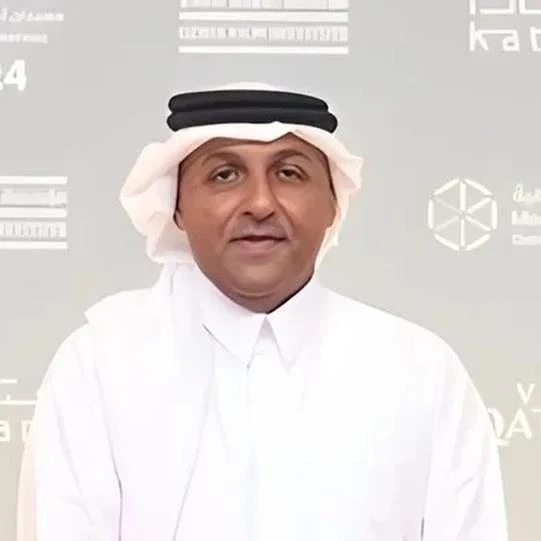From the second world war-torn Sarajevo slams from poverty to shiny lights and richness of worldwide capitals. Two respectable careers, one on the stage and the other on the field. One love. Two children. One marriage full of mutual respect and support for each other's passions. Two players in one particular turbulent lifetime—Footballer and Ballerina, Coach and Ballerina Master, Mother and Father.
Suada is a girl with a dream of becoming a ballerina, while Dzemaludin is a boy infatuated with football. They grow up parallelly, their ambitious pursuits in life mirroring each other. Not long afterwards, at a party in Sarajevo, Suada and Dzemaludin meet, falling for each other instantly. Soon they welcome children, and Suada takes on motherhood as Dzemaludin continues to excel as a football player. Trouble creeps in with the 1990s, which sees a devastating war in Bosnia. Dzemaludin leads Qatar’s national football team, so Suada is left to confront the disintegration of her country via TV. Suada is relentless in persuading Dzemaludin to go back to Sarajevo with her and their children. Eventually, they again move back to Qatar, where Dzemaludin takes his old job back, and under his coaching, Qatar takes gold at the Asian Games in 2006. Dzemaludin and Suada, now old and weak, from a hill above Sarajevo, look upon their beloved city suffocating in smog and a pandemic. In the final scene of the film, we see Dzemaludin at the upcoming 2022 FIFA World Cup in Qatar. As he stands there alone, he misses one person by his side to share this moment with.
